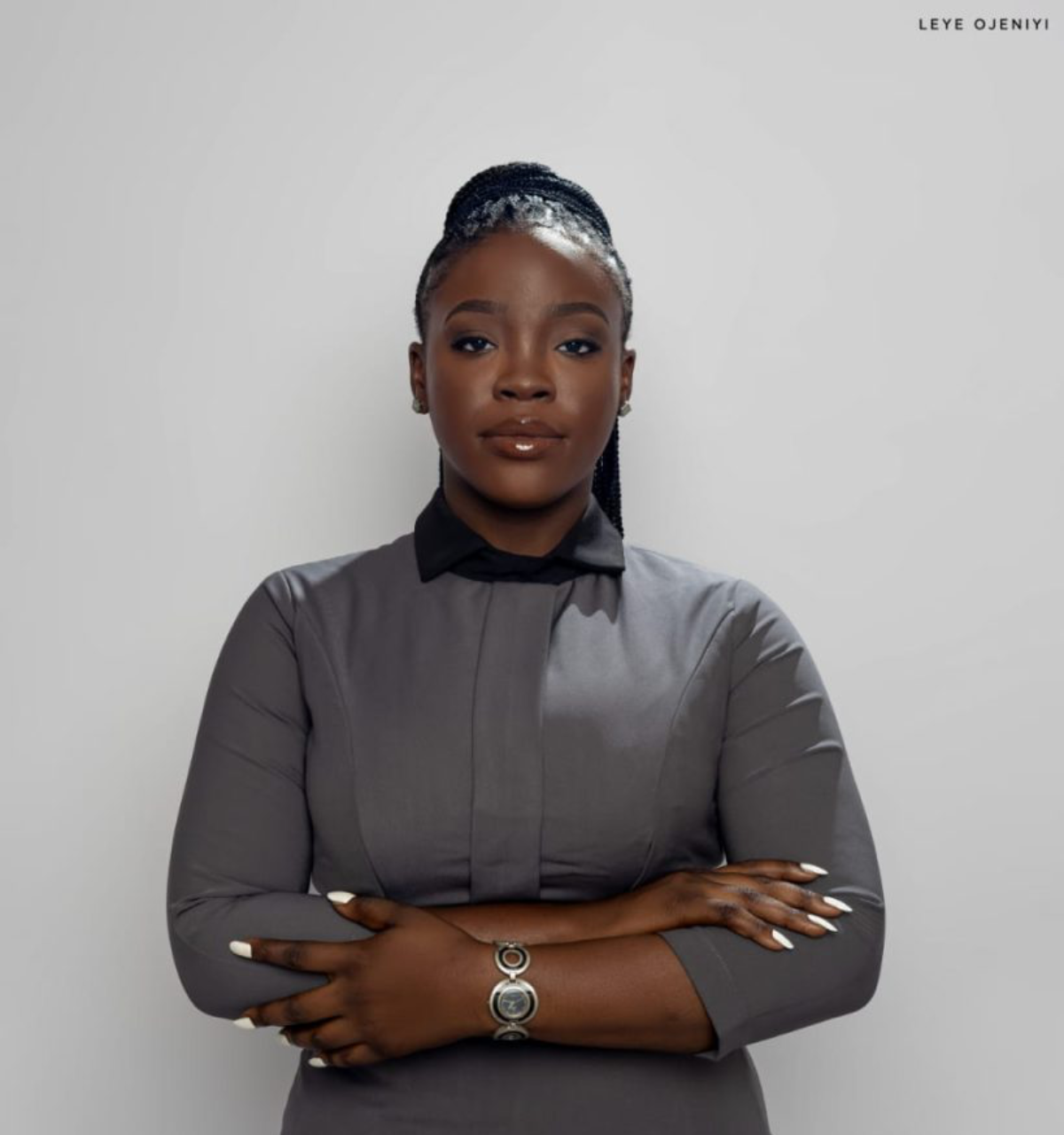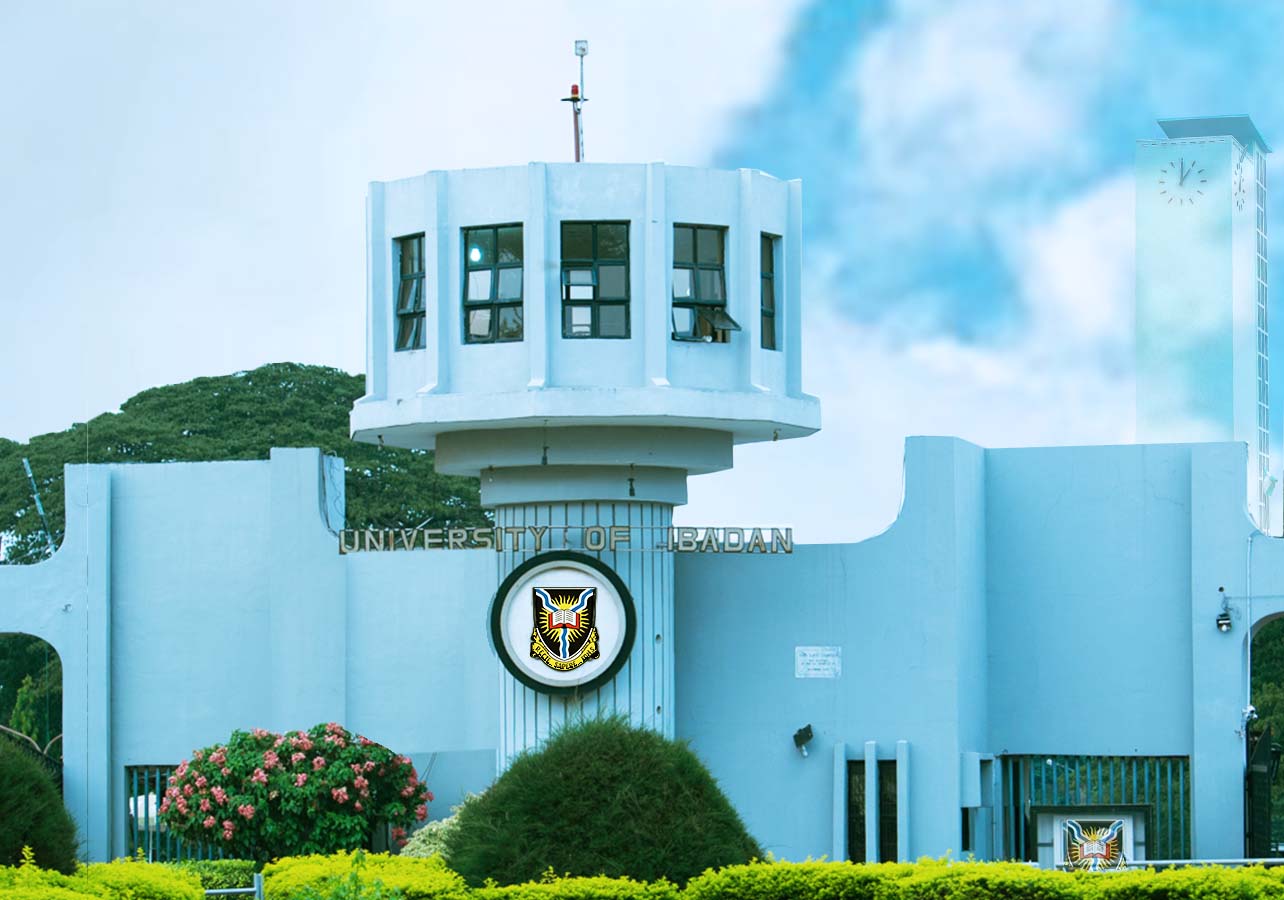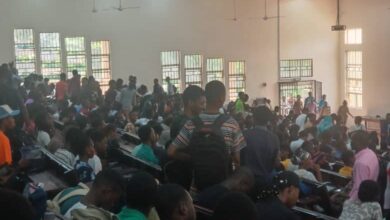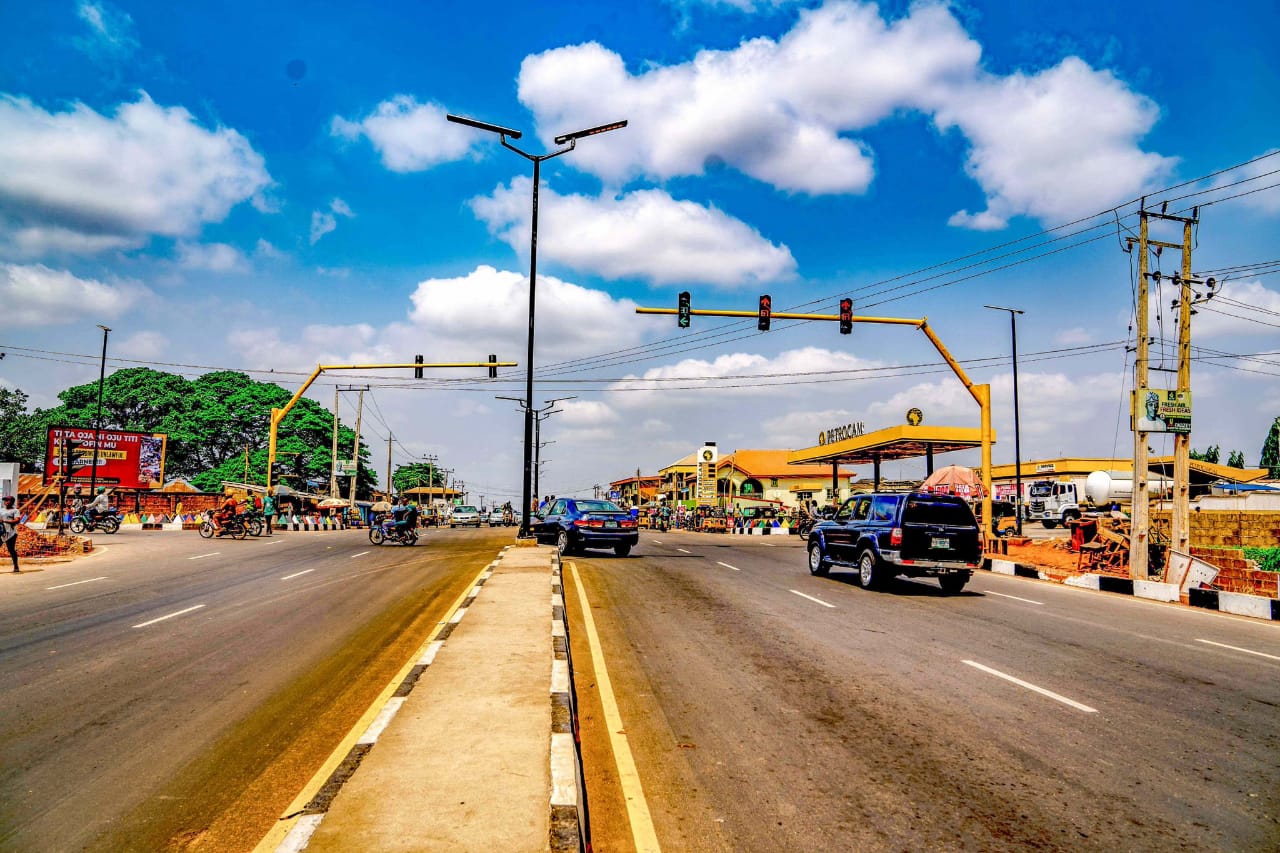The Multipotentialites : A Chat with the UIMSA 2023 Provost Awardees 1.0
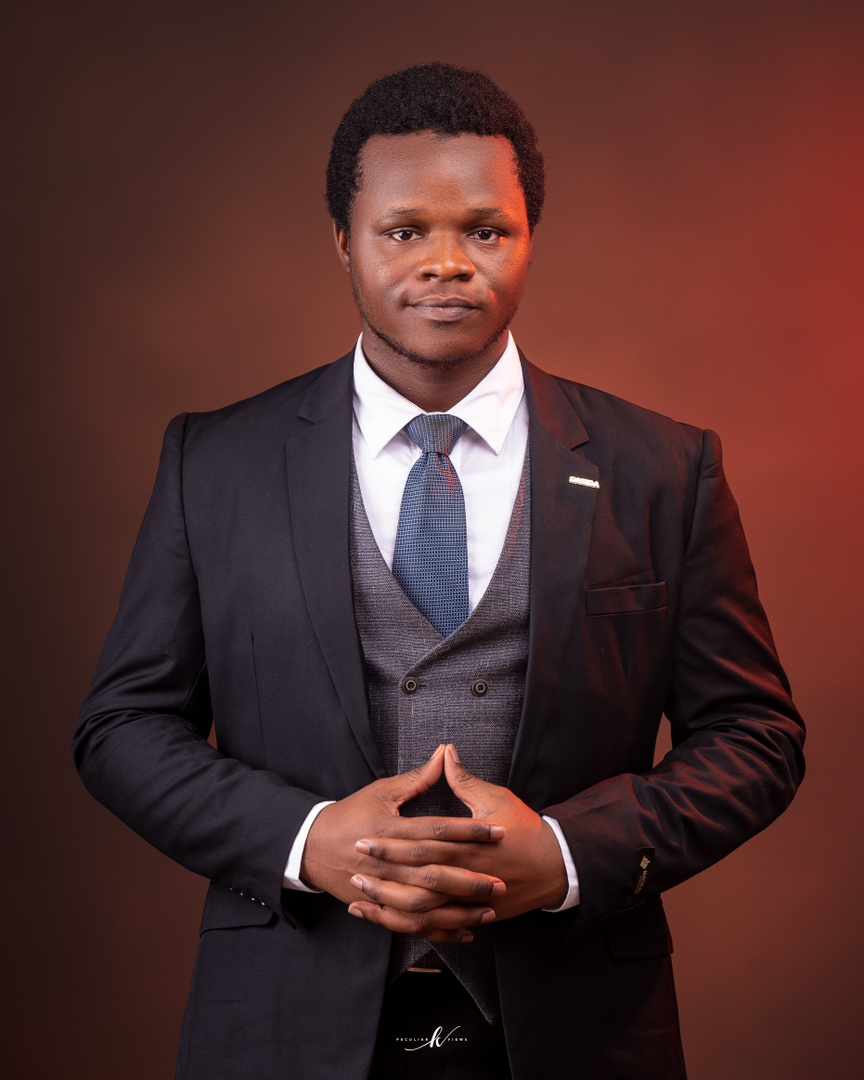
Meet the provost award winner for the male category, an utterly humble, down-to-earth and impact-driven achiever who is big on friendship, values, intentionality and mental health. Buckle up and get your eyes ready. It’s going to be a long read.
Tell us about yourself. What unique aspect of yourself do you think contributed largely to your winning this award?
I’m Dr. Obinna Amaji, a content editor and writer. I like reading stories as much as I like writing them. I think what contributed to my winning the provost award would be that I’m unable to sit still. I came into school with that attitude and I found myself in various organizations that interest me such as Literary and Debating Society (ABH), FAMSA Headquarters, The Liquid Network etc. I found things that I could contribute to and make them better than I met them. I always try to live by a quote from my mum, “If anything is worth doing, do it well”- and yeah I wanted to do it, so why not just do it well?
When did you get to know about the provost award and when did you start actively working towards it (or not)?
I have always known about the provost award because I was a member of the Senate and I have witnessed the committee presentations but I never intended to apply. My applying for the award is in no small part to my friends, because when they realized I didn’t apply before the first deadline, they pushed me. At first, I thought I was inadequate but I later realized I had a good chance of winning.
What was your reaction when you were announced as winner of provost award?
I was a lot surprised, but it wasn’t entirely unexpected. Because during the process of my application, I realized that I had done quite lot and my time here has been quite eventful in terms of that. So when I won, I was really happy and it felt like a validation (not like I needed any) for all I had done in medical school. It made me very grateful to everyone I met during the journey and most especially my friends that pushed me to apply for it.
Do you think there are any aspects of the criteria that are weightier than the others?
I wouldn’t say there are. Rather, I think what’s appealing about the award is its versatility. The aim of the award is to prevent the notion that an aspect is more important than the other because they are all important.
Just to drop something light for your fans, can you tell us other awards you have received?
I have won a few medals at several oratory competitions. I have also won a couple of awards at the organisations I volunteer with for humanitarian services. But as far as awards are concerned, I doubt that I have won a lot.
Did you ever regret being involved in so many extracurriculars and was there a time that was most daunting for you?
There were certainly times when I felt overwhelmed with the amount of things I had committed myself to but I really don’t regret it because I got to meet different people, learn a lot of things and improve myself in ways I can’t imagine. Joining organisations and applying yourself results into something like a cascade of reactions; and if you can keep showing up for your tasks and trying to fulfill the goals of the association, you just find yourself growing. Again, the kind of doctor and person I am today is because of all these and I wouldn’t exchange it for anything. But yes, there were moments where l even asked myself why I started and why I took up all these roles but there was a fact check I did; I made sure I was really Interested in what I was doing and not doing things just for the sake of it because these moments would come and you would fall out and neglect your duties. For example, I was in Asido because I am really passionate about mental Health, so even when I didn’t feel like doing it, it still didn’t feel like work in the sense because I was really interested and it was like the labour of love.
For a most daunting time, well, when I started off in various organizations, I was just a member but then as time went on, I found myself leading these organizations. So, being in positions of leadership -for different organisations at the SAME time may have been the toughest time for me. That should be between 500 and 600 level.
Speaking about being overwhelmed. What would you say helped you manage stress during this journey?

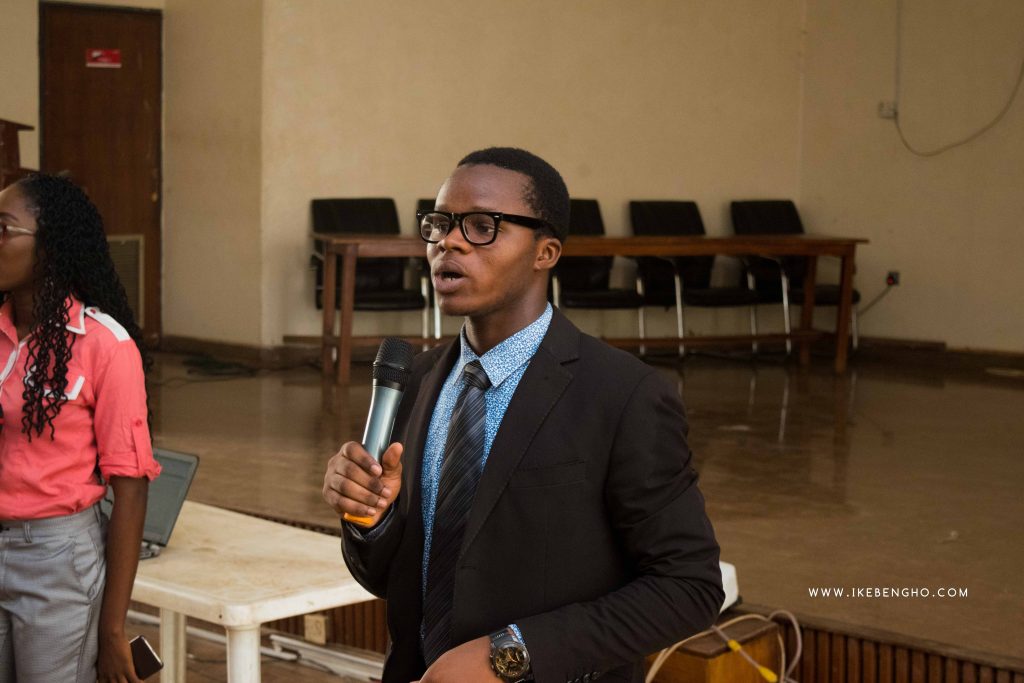

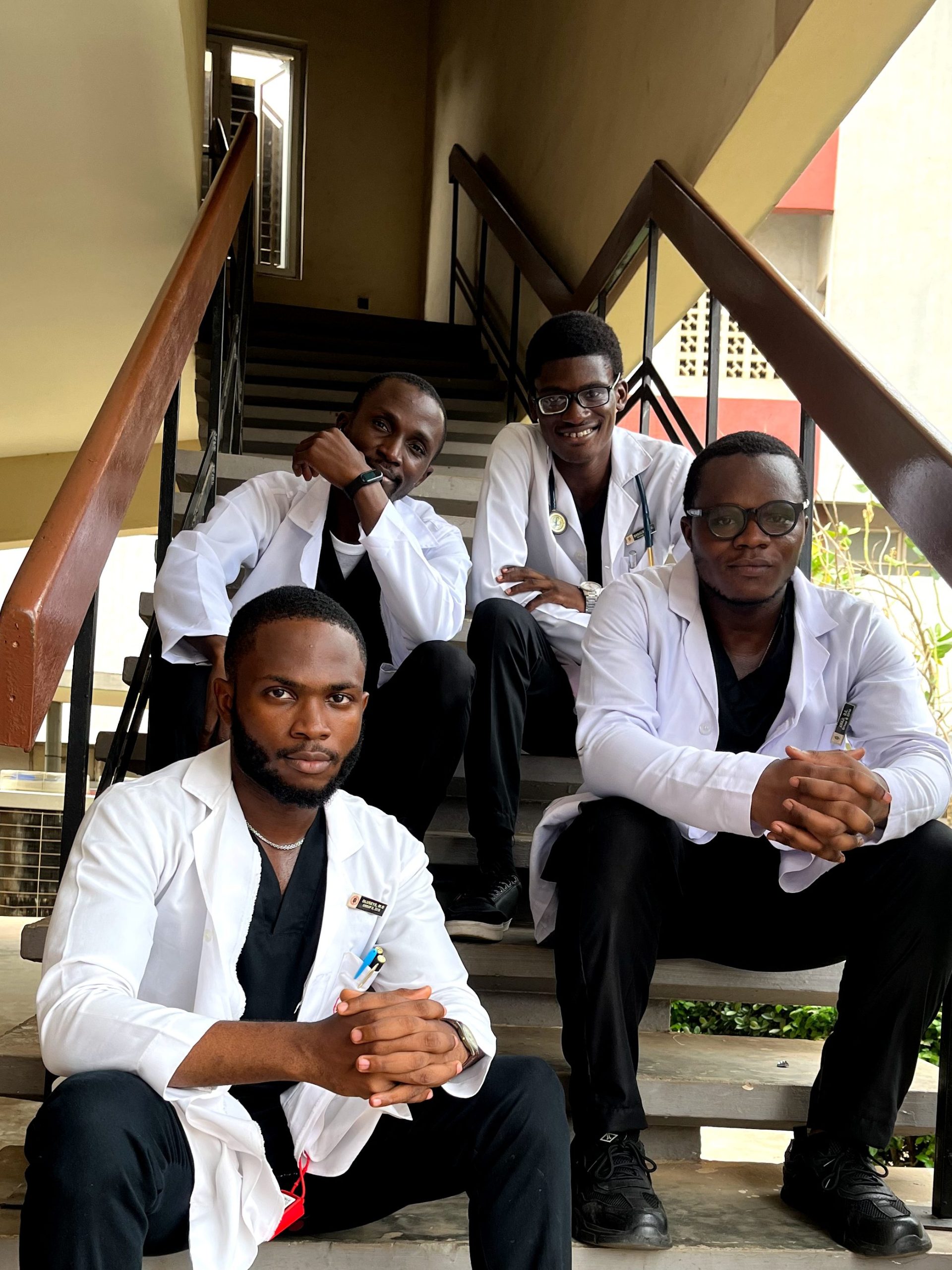
I had an amazing support system, my friends. They are the best people I can always unburden to. Also my faith has always been something that helped me. Saying a short prayer, no matter how difficult the situation, always makes me feel better.
How did you manage time effectively enough to excel in all these diverse areas, and do you have any time management tips for fellow students?
Well, it starts with knowing yourself and why you are here. Because, If I wasn’t getting my MBBS award at the ceremony, I definitely wont be getting any provost award. So basically, you cannot afford to fail. You are a student first and foremost and that is the primary reason why you are here. So the bulk of your time has to go to studying and I really believe that we have enough time to do that and every other thing we love to do. Yeah, that sounds cliche but if we have 24 hrs and you sleep for 8 hrs I believe the remaining 16hrs is enough for you to study, play and do all that for love to do. But there are just a lot of unconscious time wasting that we do. So knowing yourself, setting your priorities and being sincere with yourself is key.You can lie to everybody but don’t lie to yourself. Don’t spend so much time on social media and start lamenting that you don’t have time. You do have time, you’re just not willing enough to do what you’re supposed to do.
Asides time management tips do you have any advice for people who also find they are really involved and interested in a lot of extracurriculars ?
What I learnt that could help is that taking care of your body generally goes a long way; sleeping well and eating well particularly during exams makes a difference. When things go badly, you don’t deprive yourself of sleep and food because you don’t feel deserving. You will basically just end up paying back for that one way or another.
You can also do exercises from time to time. Some brisk walking would actually do. Also journaling Is something that really helped me. I found out sometimes that when thought get too loud in my head, just writing them down on paper solved a lot of problems and it is also therapeutically relieving.
Another thing is proper planning because when things don’t go as planned it can be stressful. So ask yourself what you want to do, what would make you happy and how you can achieve that in a day to prevent negative feelings from creeping in.
Also keep trying a lot of things because people are different. Something might work for someone but not for you and it is fine. Just keep trying, making research and talk to people that can help.
Finally don’t be ashamed to seek for help when things are getting tough because when it comes to mental health, a stitch in time does actually save nine.
Were there any specific mentors or role models who inspired or guided you in your journey to excel both academically and in extracurricular activities?
I have a long list of people I have met and admired and to mention names would mean to risk leaving someone out. My classmates and tutorial group, FECAMDS was definitely one of the greatest blessings because these people helped me a lot with my professional exams and all that. The long list is not complete without the many lecturers and consultants (resident and non-resident) I met, because many of them actually wanted to see you do well for yourself and not because of reputation or something. They were more like parents and I’m really grateful to them.
Are there certain things that are overlooked that can make medical school and extracurriculars easier for Ibadan medicine students?
I think mentorship. If this is done well, it can be very impactful. You need someone who you can be honest with, tell about your struggles, someone who wouldn’t judge and can direct you to where you can get assistance. What more can someone ask for? Also, It is actually meant to be a symbiotic relationship with both the mentor and mentee gaining from each other and helping one another. Everyday people get to stages where they don’t know what to do, and yet we have other people who have been through the same stage and are in a better position to help than the average person. I know it is not always easy putting this sort of thing in place, but I believe It is something that can be invested in and would help a lot of students.
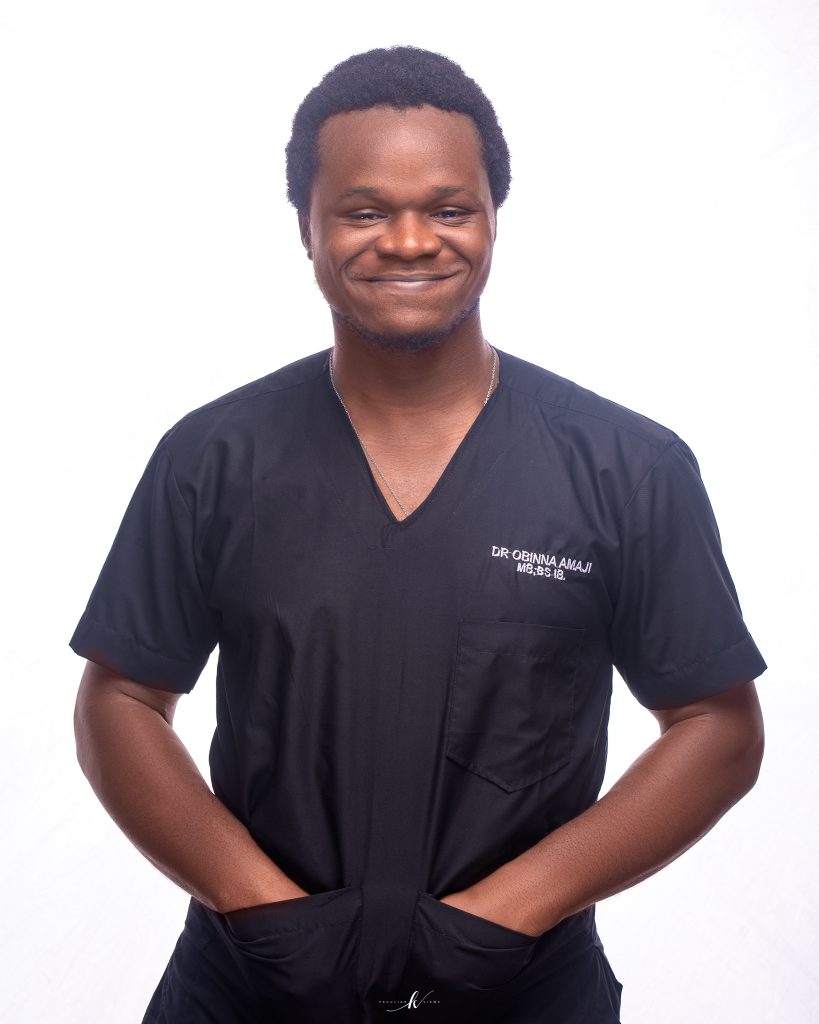
Asides the provost award, what would you say is the importance of being well-rounded and actively involved in community life?
The provost award is most probably the least return you get from making such an investment because I can confidently say that there is hardly a room I would walk into where I wouldn’t be able to contribute meaningfully to. And this is because I have been exposed to different things ranging from cuisine to agriculture to business and so I learnt a lot of things as basic as they may seem. You will find yourself in a place where there are not only doctors and you might find it hard to mix, so it basically prepares you for the world out there. Lot of people just want to do work as minimally as they can and not as best as they can and it actually won’t pay in the long run. For me, an improvement on your person, attitude and intellect that would always set you apart from the crowd wherever you go is a lot more important reason for you to start dedicating yourself to something beyond just your academics.
I really also think that the people I met and the relationships I made (most of which have lasted beyond this pont) is the bigger award in essence.
If you were to go through medical school again, what would you do differently?
I think I would be a better friend to my friends. Because If I have any regrets, that is one. This is something I think a lot of is should be conscious of. It is very easy to lose yourself in being a leader or engaging yourself in so many things that you forget that there’s other human beings. Because as a leader, there is a certain firmness you need to get things done. And sometimes this may affect your bonds. So what I would have done differently is having good human relationships because I remember a number of cases I handled not as best as I should have handled.
What future goals or aspirations do you have, and how do you plan to continue contributing to your community and maintaining your academic excellence?
I haven interest in mental health so I’ll definitely be going deeper into that space. Academically, I am looking into post-graduate studies that is, residency training to be precise. I’m also interested in emergency medicine. Community service is also something I think always comes naturally to me. Yeah I am not the most social person but any requirement for me to try and see what I can do to contribute, I am always willing. So moving on, inorder to maintain excellence, you still have to keep studying and writing more exams. By speaking to people who have done it before you, you can be smart about it. This has always been the pinnacle to academic excellence and I Intend to follow it as I go on.
Shukrah Adeniyi and Osaretin Ehiorobo
